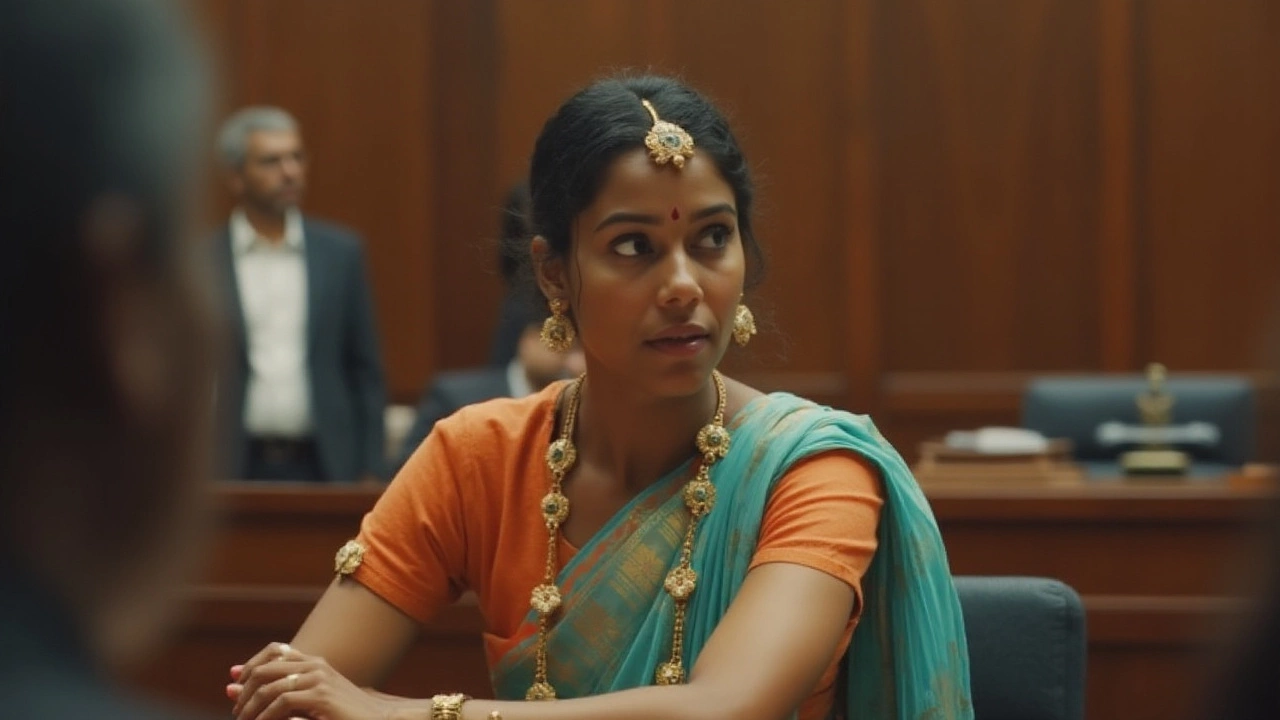Indian Divorce Laws – What You Need to Know in 2025
If you’re thinking about ending a marriage in India, the first thing to know is that the law isn’t a maze of mystery. It’s a set of clear steps, a few timelines, and some paperwork. In 2025 the core rules stay the same, but there are a few updates that can save you time and stress.
Most people assume you have to wait a year before filing for divorce. That used to be the rule for a “one‑year separation” under the Hindu Marriage Act, but the Supreme Court has clarified exceptions. If you can prove adultery, cruelty, or a serious disease, the waiting period can be waived. Knowing when you qualify for a waiver can cut months off your case.
Common Myths and Realities
Myth #1: You can get an instant divorce if both parties agree. Truth: The fastest route is a mutual‑consent divorce, which still requires a six‑month cooling‑off period. Courts can shorten it to three months if both spouses sign a waiver, but instant divorces don’t exist.
Myth #2: One‑sided divorce is impossible without the other spouse’s signature. Truth: You can file a contested divorce (often called a one‑sided divorce) even if your partner never shows up. The court will proceed after giving proper notice, but be ready for a longer timeline and higher costs.
Myth #3: Divorce automatically means you lose all rights to your children. Truth: Child custody is decided separately based on the child’s best interest, not the type of divorce you choose. Both parents can still share responsibilities.
Fast‑Track Divorce Paths
The quickest legal route remains the mutual‑consent divorce. Both spouses file a joint petition, agree on alimony, child support, and property division, and wait the cooling‑off period. If you both sign a waiver, the court may grant the decree in as little as three months.
For contested cases, the key to speed is solid evidence. Gather proof of cruelty, desertion, or adultery early. A well‑prepared case can avoid unnecessary adjournments and push the judge to decide faster.
If you’re eligible for the one‑year separation waiver, file a petition with a written statement explaining why the rule shouldn’t apply to you. Attach medical reports, police FIRs, or any proof of the ground you’re claiming. The court reviews the waiver quickly, often within a month.
Don’t overlook the paperwork. In 2025 the required documents include marriage certificate, proof of residence, a "No Objection Certificate" from your spouse (if mutual consent), and any supporting evidence for your grounds. Missing a single document can push your case back weeks.
Finally, consider professional help. A family lawyer familiar with the latest judgments can guide you through the waiver process, draft the settlement, and keep the case moving. While you can DIY, a small legal fee often saves big time and money.
Bottom line: Indian divorce law isn’t a black box. Whether you’re eyeing a mutual‑consent split, a contested one‑sided divorce, or need a waiver for the one‑year rule, knowing the exact steps and preparing the right documents will make the journey smoother.

Strategies to Minimize Divorce Settlements in India
Navigating a divorce in India can be a daunting task, especially when it comes to settlements. This article explores various strategies that can help reduce or avoid divorce settlements. By understanding key legal principles, negotiating amicably, seeking mediation, and drafting prenuptial agreements, individuals may find pathways to protect their interests during the process. Legal guidance tailored to Indian laws is essential for effective divorce proceedings.

Understanding Wife's Entitlements in Indian Divorce Settlements
Navigating the complexities of divorce settlements in India can be daunting, especially when understanding a wife’s entitlements. This informative article explores the legal framework guiding divorce settlements, focusing on the rights and entitlements of a wife. Delving into factors like alimony, maintenance, child custody, and property division, it provides a clear understanding of what is commonly granted to a wife during the legal dissolution of a marriage in India. It also offers practical tips to help women seeking their rightful share.

Understanding Spousal Rights: Can a Husband Refuse Divorce in India?
In India, the legal framework for divorce is complex, steeped in tradition, and varies across different religions. It raises the question of whether a husband can refuse a divorce, highlighting important aspects of consent, legal options, and societal norms. This article delves into the Indian divorce process, discussing legal avenues available when a spouse is unwilling to consent to divorce, and sheds light on pertinent laws such as the Hindu Marriage Act and the Special Marriage Act. Knowledge of the judicial standpoint on contested divorces helps in navigating these trying aspects of married life.